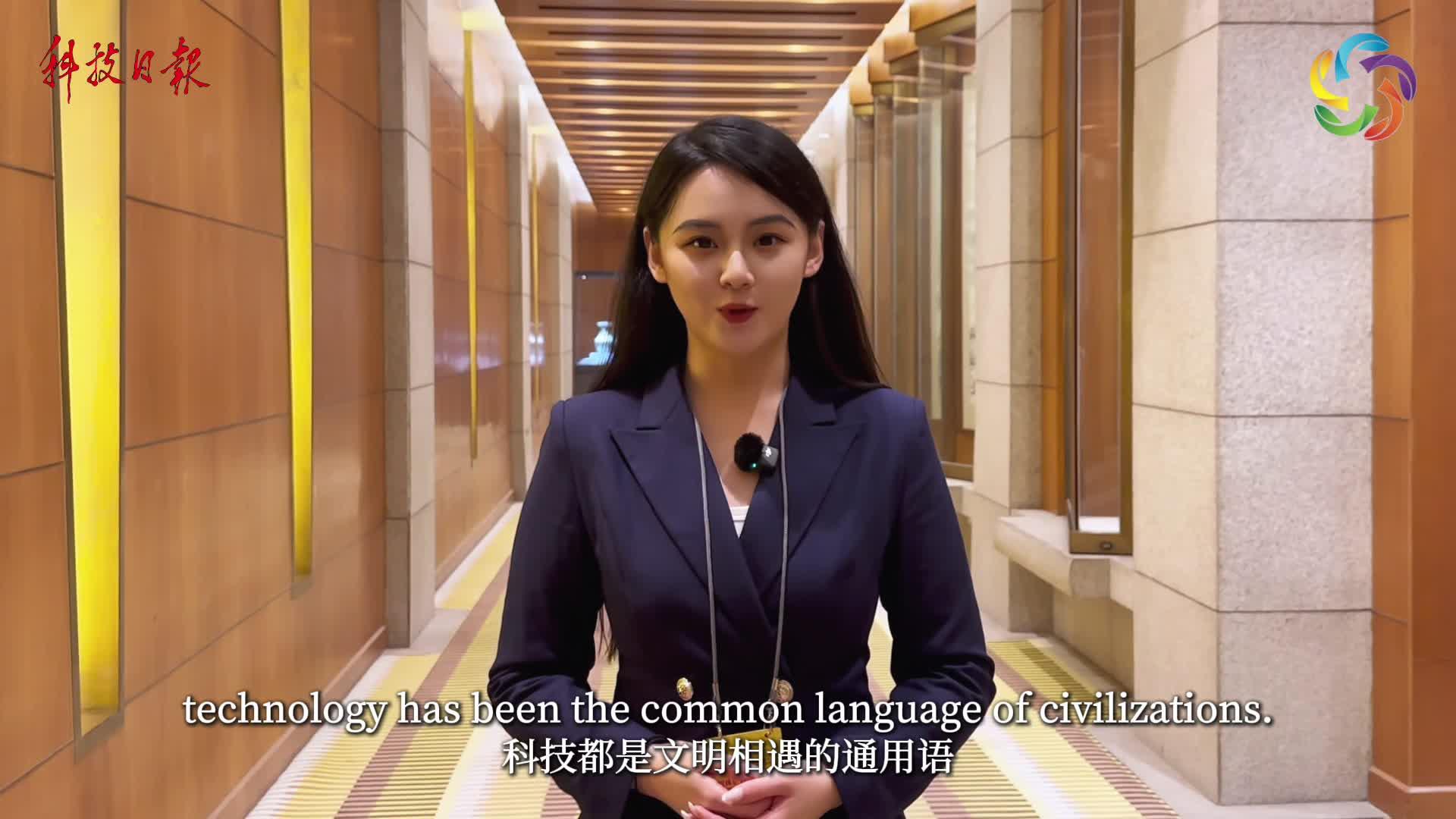Guideline for Responsible Research Updated
Researcher Zhu Jianhe prepares experimental samples at the soft X-ray imaging beamlines of the National Synchrotron Radiation Laboratory at the University of Science and Technology of China.?(PHOTO:?XINHUA)
By ZHONG Jianli
China's Ministry of Science and Technology (MOST) recently released the 2023 version of the guideline for responsible conduct of research, providing a set of scientific and ethical norms for researchers and institutions.
The guideline, developed by MOST's Department of Supervision and Scientific Integrity, covers 11 aspects including research topics and implementation, data management, attribution of results, peer review, ethical review and regulatory supervision.
It says researchers should emphasize a problem-solving approach, comply with ethical requirements and technological security regulations, and avoid simple duplication or low-level research.
For research output, the disclosure of research breakthroughs and significant progress should be approved by the research entities. Research results that have not been scientifically validated or peer-reviewed should not be disseminated to the public.
Scientific activities involving human participants, experimental animals or activities with potential ethical risks in areas such as life and health, ecological environment, public order and sustainable development must undergo technological ethics review according to regulations.
Activities related to urgent public events or emergency states must adhere to emergency technological ethics review procedures and related requirements. Under no circumstances should emergency situations be exploited to bypass or lower technological ethics review standards.
With the rapid development of AI, new opportunities and changes have emerged in scientific research, bringing forth new issues concerning research data processing and intellectual property ownership.
To address this, the guideline outlines clear boundaries, stipulating that generative AI should not be used to directly generate materials for project application, nor be listed as a collaborator in the completion of results, or used to directly produce unverified literature.
For international sci-tech exchanges and collaborations that require data provision, approval procedures have to be followed and legal requirements have to be met.







